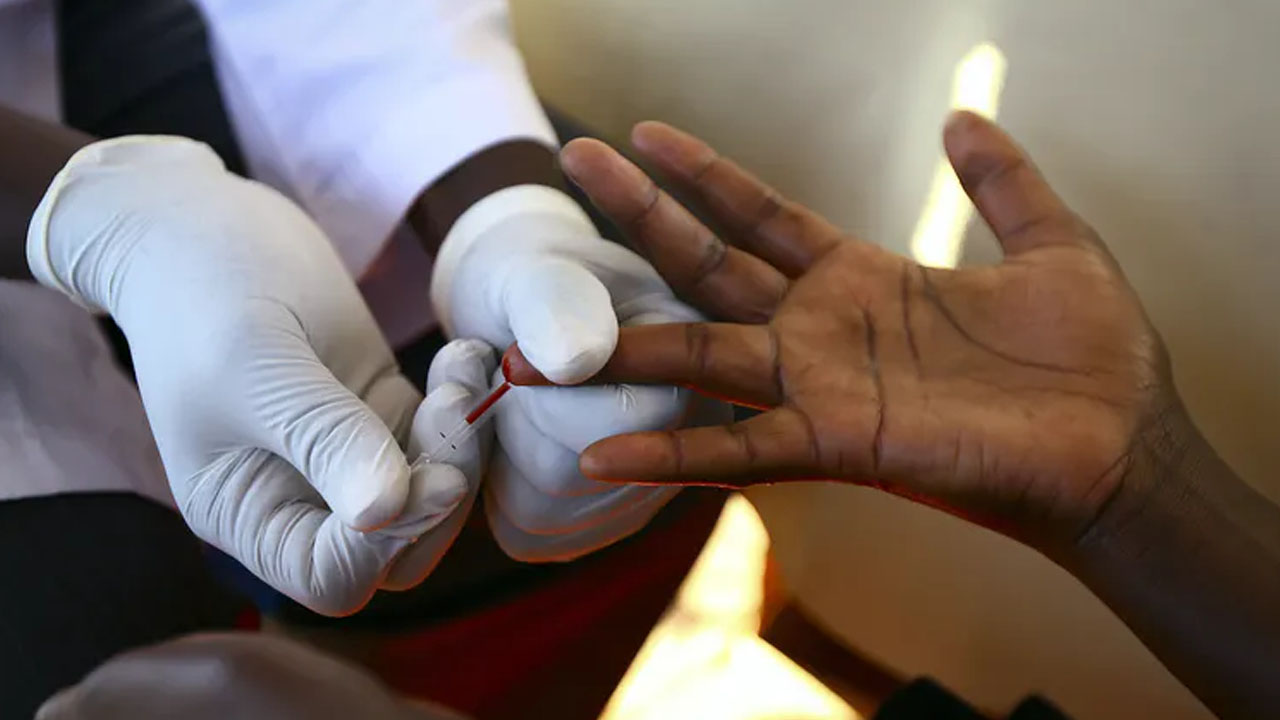 • 27 per cent of paternity tests conducted in Lagos negative
• 27 per cent of paternity tests conducted in Lagos negative
A report by Smart DNA, a Deoxyribonucleic acid (DNA) testing centre in Lagos has revealed that up to 27 per cent of paternity tests conducted came back negative, indicating that more than one in four men tested were not the biological fathers of the children in question.
The report covering July 2023 to June 2024 has shown that paternity uncertainty remains high and sheds light on current societal dynamics, economic factors, and changing family structures in Nigeria. DNA is the molecule that carries genetic information for the development and functioning of an organism.
The report noted a significant increase in DNA tests for immigration purposes, growing more than any other test type. This surge aligns with the ongoing ‘Japa’ phenomenon, as more Nigerians seek opportunities abroad. The trend suggests a growing number of parents with dual citizenship are processing paperwork for their children’s emigration.
The Operations Manager, Smart DNA, Elizabeth Digia, said that the findings offer a unique window into the changing dynamics of Nigerian families and society. She noted that the high rate of negative paternity tests and the surge in immigration-related testing are particularly noteworthy and reflect broader societal trends that merit further discussion and research.
Digia added that the concentration of testing in Lagos also raises important questions about the accessibility and awareness of DNA testing services across Nigeria. “As a company, we’re committed to expanding access to our services nationwide, while maintaining the highest standards of accuracy and confidentiality,” she added.
The report also showed that Lagos dominates in the number, reflecting economic disparity with an overwhelming 73.1 per cent of all DNA tests conducted in Lagos and a stark divide between the Mainland (67.5 per cent) and the Island (32.5 per cent).
It also reflected gender imbalance in test initiation as men initiated a staggering 88.2 per cent of all test requests, compared to just 11.8 per cent by women, raising significant questions of disparity about gender roles, trust issues in relationships, and societal pressures on paternity certainty.
There was also ethnic disparity as the Yoruba ethnic group accounted for 53 per cent of tests, followed by Igbo (31.3 per cent), with Hausa at only 1.20 per cent.
The report added that this ethnic distribution doesn’t align with national ethnic demographics and should prompt discussions about cultural attitudes towards paternity testing and genetic science across different Nigerian ethnicities.






